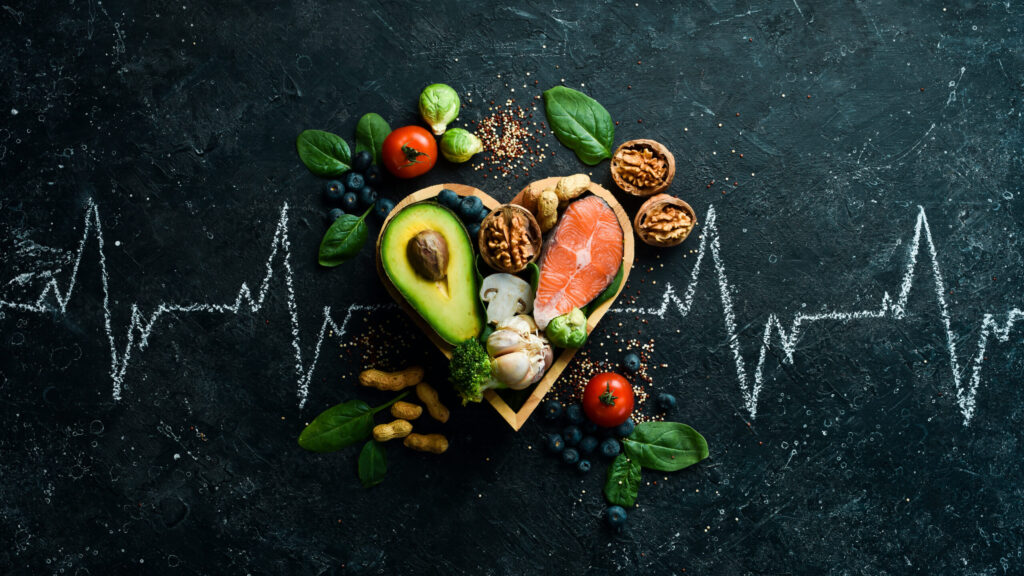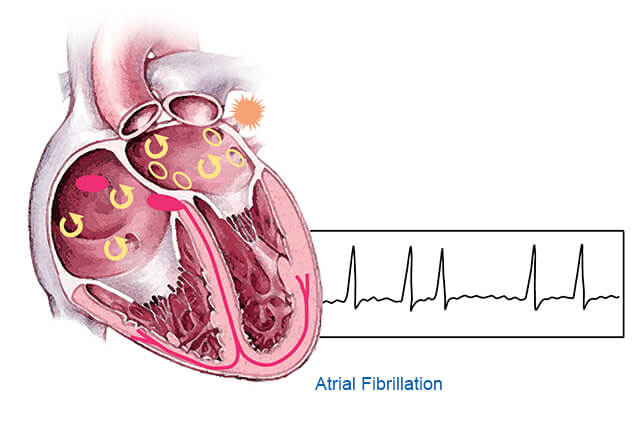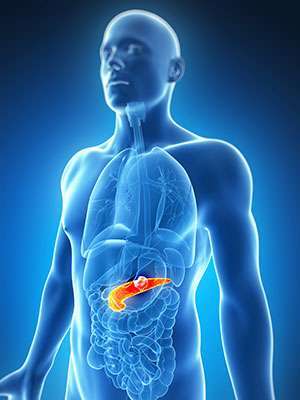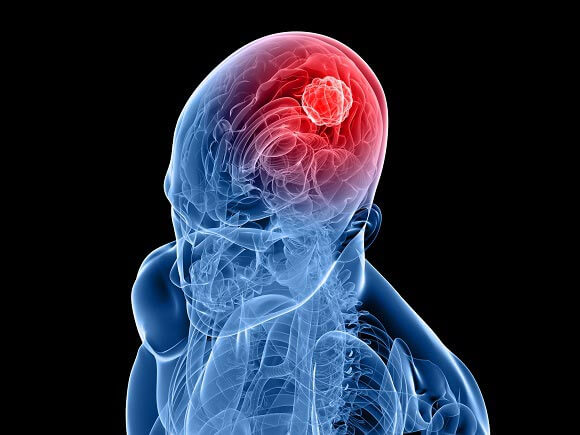
High cholesterol is a condition where cholesterol, a fatty substance in our blood, reaches unhealthy levels. There are two different types of cholesterol: low-density lipoproteins (LDLs) and high-density lipoproteins (HDL). LDL, the troublesome form of cholesterol, carries cholesterol throughout the body, resulting in unhealthy cholesterol levels. HDL, a positive type of cholesterol, returns extra cholesterol to the liver and decreases cholesterol levels in the blood. Either an overproduction of LDL or an underproduction of HDL can lead to high cholesterol levels.
High cholesterol can result in heart disease and/or damage if unmanaged. Fortunately, high cholesterol is a treatable condition, and lifestyle changes can often restore your cholesterol levels to a normal range. What are the reasons you might develop high cholesterol? What are the complications? And how can you return your cholesterol to healthy levels?
What causes high cholesterol?
One of the primary risk factors for developing high cholesterol is an unhealthy lifestyle. Diets high in unhealthy trans and saturated fats contribute to high cholesterol levels in the blood. Increased body fat can also lend itself to high cholesterol. Additionally, chronic smoking decreases the positive HDL cholesterol, while alcohol use boosts the negative LDL cholesterol. Both can increase blood cholesterol levels.
You may also have a genetic predisposition to developing high cholesterol. This condition is known as familial hypercholesterolemia (FH). Those with FH have high cholesterol levels from birth due to dysfunction in how their body recycles the negative LDL cholesterol. Left untreated, FH may lead to serious heart issues, so those with a family history should always get checked.
Other medical conditions can also impair your body's ability to rid itself of excess cholesterol or produce enough HDL, leading to increased blood cholesterol. These conditions include diabetes, kidney disease, lupus, and HIV/AIDS.
Diagnosis of high cholesterol is done via blood testing. If you suspect you might have high cholesterol, talk with your doctor about getting in for bloodwork.
Health complications of high cholesterol
The complications of high cholesterol can cause long-term damage without proper care. Cholesterol carried to the heart by the negative LDL can build up on the walls of the arteries. Over time, this cholesterol plaque may limit the heart's ability to pump blood. As a result, those with high cholesterol may experience chronic chest pain, heart disease, or heart damage.
In some cases, high cholesterol can be catastrophic. If enough plaque builds up, it can lead to a heart attack. The build-up of cholesterol in the heart, known as coronary artery disease (CAD), is the leading cause of heart attacks in adults. CAD creates blockages in the arteries that restrict blood flow to the point of partial or full heart failure. Your heart health depends on lowering high cholesterol to a healthier range.
How to lower your cholesterol
Unlike other health conditions, high cholesterol can often be corrected. Simple lifestyle changes can bring your cholesterol to normal levels. Diet plays a massive role. Lessening your intake of foods with saturated fats and salts may be an effective way to lower your high cholesterol and keep your levels under control. You may find it helpful to work with a dietitian who can steer you toward nutritious, heart-healthy foods like grains, lean meats, and vegetables.
Another way to lower your cholesterol is to maintain a consistent exercise routine. HDL, the positive cholesterol, is produced during physical activity. If you're too busy to get into a gym, at-home workouts, short bursts of exercise, or even walks through your neighborhood are a great way to meet your movement quota. Pairing healthier food choices with an exercise routine is a powerful strategy to lower high cholesterol.
If exercise and diet aren't enough to decrease your high cholesterol, your doctor may recommend medication or supplements to assist in the process. Statins, a common medication, are used to reduce cholesterol output from the liver. This can lessen inflammation in the heart and prevent blood clots. PCSK9 inhibitors, which are designed to lower LDL levels, may be prescribed. Since many high cholesterol medications have side effects, you'll want to talk with your healthcare provider to determine the right prescription.
When lowering your cholesterol levels, it's important to remain consistent and patient. It may take several weeks to see your high cholesterol decrease, but committing to a healthier routine can yield incredible results with time. Your heart will thank you down the line.
Resource Links
- "High cholesterol" via NHS
- "High cholesterol" via Mayo Clinic
- "Causes of High Cholesterol" via American Heart Association
- "Heart Attack Symptoms, Risk, and Recovery" via the CDC
- "How to Lower Cholesterol" via MedlinePlus




